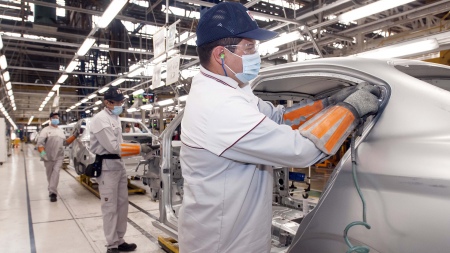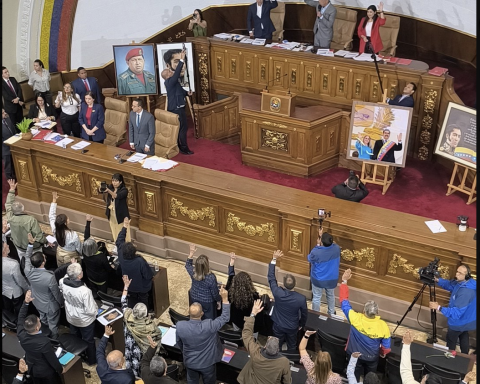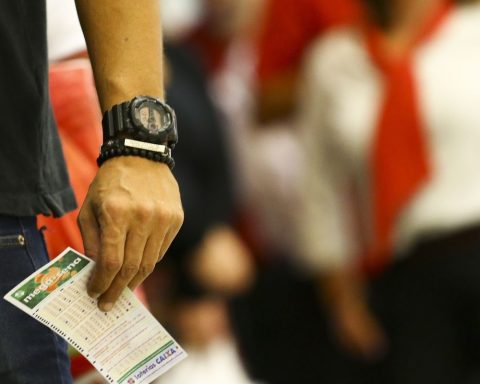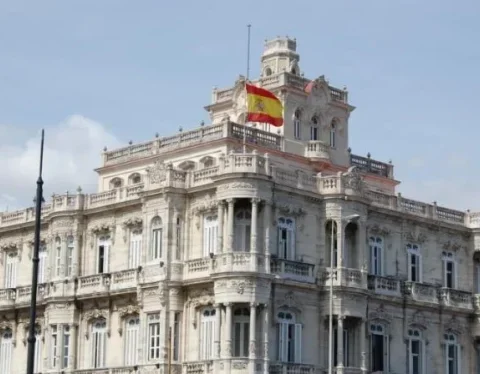February 4, 2023, 7:25 AM
February 4, 2023, 7:25 AM
The Internet boom and technological development have revolutionized the ways of relating and socializing. Today, through networks, friendships are consolidated and goods and services are acquired.
With the pandemic, digital commerce increased not only its sales volume; but, and above all, increased consumer confidence in e-Commerce.
E-Commerce or electronic commerce is the buying and selling of products over the Internet and emerged in the 1960s, thanks to the creation of Electronic Data Interchange (EDI), where the first exchanges and transactions began. electronic commercial data between companies.
In 1995 Amazon launched its first online store. and eBay manages to sell a product for the first time. As of 2010 it has its peak in central European cities and reaches its global peak in 2020, coinciding with the restrictions imposed by the coronavirus.
Mario Olmos, commercial engineer, specializing in corporate finance and professor at the Franz Tamayo University, Unifranz, explains the e-Commerce phenomenon and the characteristics that a company must meet to be within this new sales model.
“To move to digital commerce, the company has to be with the well established procedures that is essential (…). A digital business or e-Business must have all its administrative, logistic, commercial, delivery storage, contact, customer, follow-up and human resources procedures in the cloud”, he indicates.
The expert mentions the case of the United States as one of the countries that managed to establish e-Commerce without neglecting traditional commerce.
More than e-Commerce, it is social-Commerce
Olmos describes the case of Bolivia and uses a new term to qualify the particularity of the country. The expert refers to social-Commerce to identify Bolivia’s electronic commerce “is based on people and social exchange. We are already migrating from e-Commerce to social-Commerce (…), which is becoming fashionable. Sell by Marketplace, contact us by WhatsApp and there they send you catalogs and information, and that has nothing to do with the general rules of an e-Commerce or a well-established e-Business”.
Social-Commerce is directly related to the use of social networks. Many companies create pages and profiles on social networks such as: Instagram, Facebook and TikTok (the most used) to achieve their objectives.
For Olmos, this phenomenon is linked to the idiosyncrasy and thinking of the Bolivian. It is characterized by its entrepreneurial and innovative spiritbreaking the established parameters, but it is also product of low digital literacy in the population.
“We are the country that geographically has the most complications in distribution and we have had to innovate in logistics delivery modelsso yes, we are innovating electronic commerce, but in our own way (…), our preparation does not give us software that does certain tasks for us even though we have access to it”, he affirms.
From the phone you can review the offer in the digital market before defining the purchase.
The unique case of Bolivia
Bolivia has always been characterized by creating its own rules and innovating in the trade and promotion of its products, and this is no exception. Throughout this process of migration from informal commerce to the social-Commerce model that reigns in the country, the persistence of socialization between seller and buyer.
“The type of business we have in Bolivia is a different model that allows us to get closer to the client to launch a direct message and have it arrive as we want it to arrive (…) We contact each other, we make the transaction electronically and after We see each other physically.”
Could it be said that Bolivia is forming a new traditional trade model without neglecting the benefits of technology? For the specialist, innovation is not synonymous with improvement and requires a study and understanding to have it in favor. “We have a very particular idiosyncrasy and we have to understand it, because if we don’t we won’t get anywhere with this Innovation”.
For Mario Olmos, It’s more of a survival resource. that permeates not only in Bolivia, but throughout Latin America. “We do not have the resources to make development investments, so that forces us to have certain survival parameters and that is where these innovations are born (…). We see how we distribute things with the resources we have and businesses start to grow that way.”
Dehumanization, the main problem of technology
The accelerated development of technology leaves many innovations that are comfortable for the customer waiting. Beyond e-Commerce, which requires an internet connection, a mobile device or computer, and a method of payment, new ways of buying and selling appear every day.
“A very big trend in the world is Live shopping, which is to approach that commercial part through artificial intelligence, you will be able to go buy a jacket, see the colors, not textures yet, because I don’t know what technological innovations there will be later, but , I’m going to be able to walk a mall, see what things it has and how it is handled, from the cell phone ”, asserted.
However, technology becomes a double-edged sword because as technology advances, the dehumanization process grows and decreases socialization which is one of the basic needs of the human being and the main marketing tool.
“What is technology and this new world leading us to? To dehumanize ourselves and not socialize (…) So it is a complex challenge, because now we have to change our schemes and say: How do I get to a person who doesn’t see me, You don’t feel me, you don’t know the tone of voice with which I’m talking to you? He does not feel that warm or affectionate treatment ”, emphasizes the Unifranz academic.
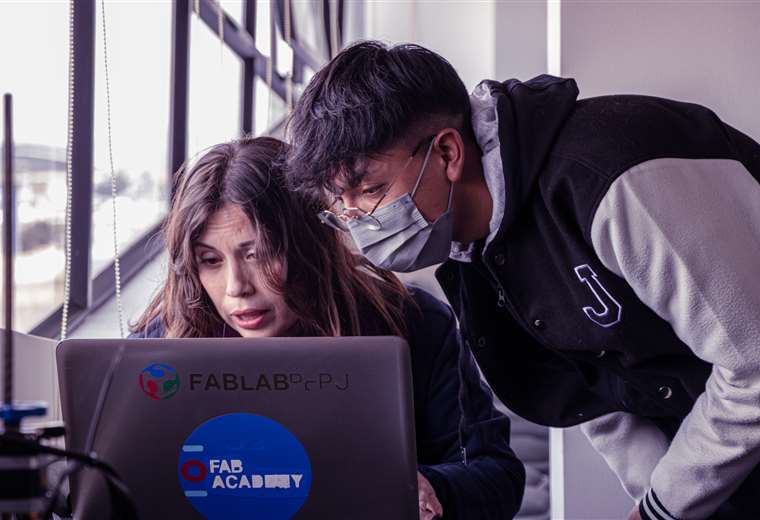
Confidence in the system allows advances in the field of digital commerce













